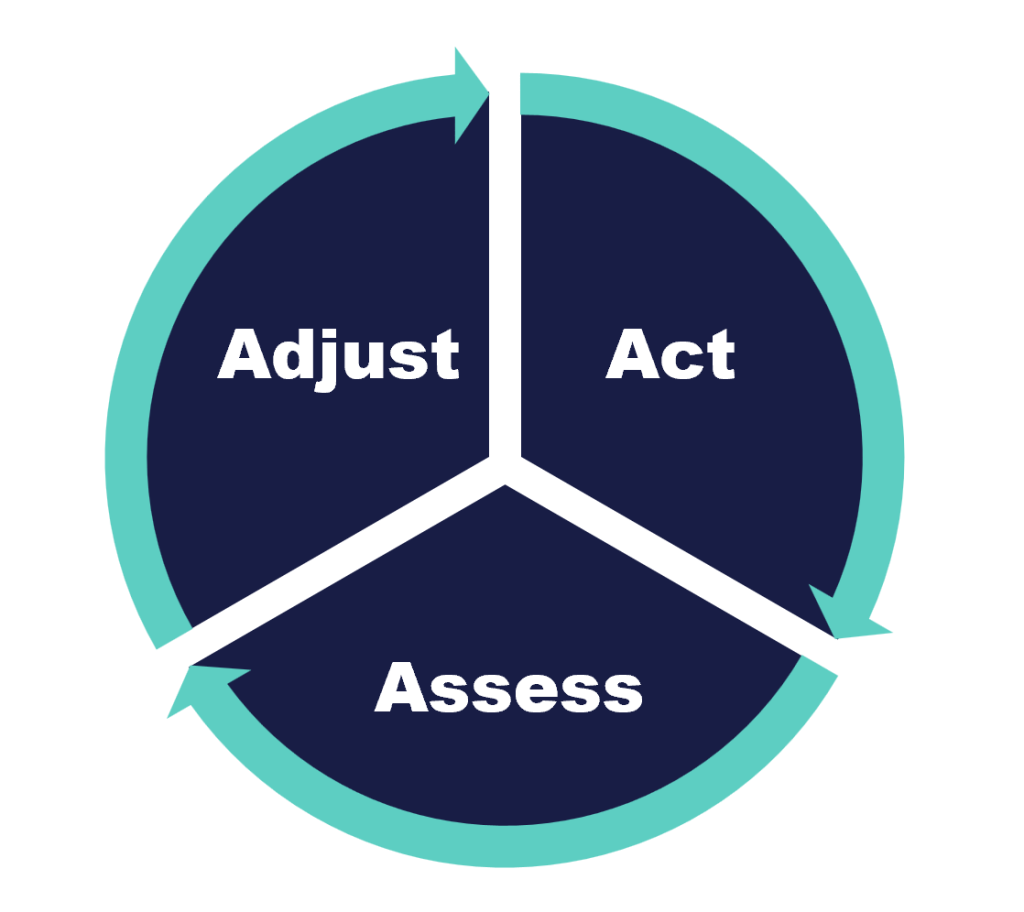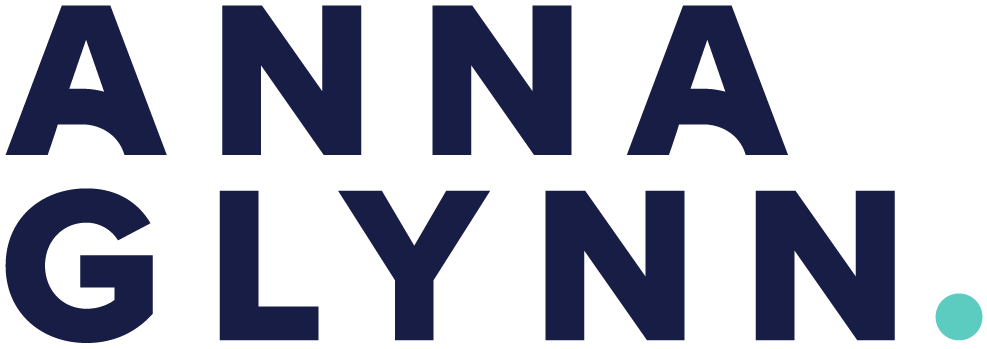As we make our way towards the end of another year, it’s about now that many of us start thinking of our plans for the 12 months ahead.
But before we get into planning mode, it’s important to also take the time to reflect on 2023.
Not just as a nostalgic exercise, but when we consciously recognise our wins (no matter how big, small or micro), this can serve as powerful fuel for motivation and confidence for the year ahead.
Yet we can’t just think only of the successes. We need to acknowledge what didn’t get done and where we failed. Because this is where there can be huge learnings that we shouldn’t leave behind but carry forward with us so we are better in the future.
I want to share a model that I use regularly myself, and with leaders and teams, that helps us do just that…

The Learning Loop
The Learning Loop was developed by two of my colleagues / mentors / friends, Michelle McQuaid and Beck Melville, and is built upon Kolb’s Reflective Learning Cycle.
The Loop takes us through a 3-step process consisting of ‘Act, Assess, Adjust’. And when we do, we realise that every time we’ve achieved a goal or learnt something new (like walking), it’s most likely we’ve gone through these stages.
The process encourages us to be curious and to adopt a growth mindset. It’s really easy to remember, can be applied almost anywhere, and encourages us to undertake an honest review to determine the best pathways forward.
I’ve even been told the Carlton Football Club uses it at the end of games to assess how they’ve gone..
So what does The Loop look like in practise?
1. Act – What did you do?
Here we are prompted to reflect on all the things we have attempted throughout the year. Successful or not, it encourages us to consider the actions we took, the experiments we ran, and why they were important.
2. Assess – What went well / Where did you struggle / What did you learn?
To overcome our inner critic, this stage urges us to focus on the good first. By recognising and celebrating our achievements, we can uncover strengths that can be built upon for future growth. At the same time, we need to acknowledge and normalise where we have struggled without judgement, knowing that mistakes and setbacks are a normal part of the learning process. By reviewing both our best and worst moments, we can extract the lessons from our experiences to take forward.
3. Adjust – What will you try next?
The final stage asks us to apply our learnings to shape our next actions. It encourages us to try new ways of thinking, doing or feeling, knowing that we can continuously refine our approach until we achieve the outcomes we want.
So will you test The Loop out on yourself? Or will you try it with a team member or your entire team? It can be used as a discussion framework in meetings, in your emails or when celebrating the end of the year. And it’s a great way to finish 2023 on a high note by collectively acknowledging achievements, learning from setbacks and planning for future success!




